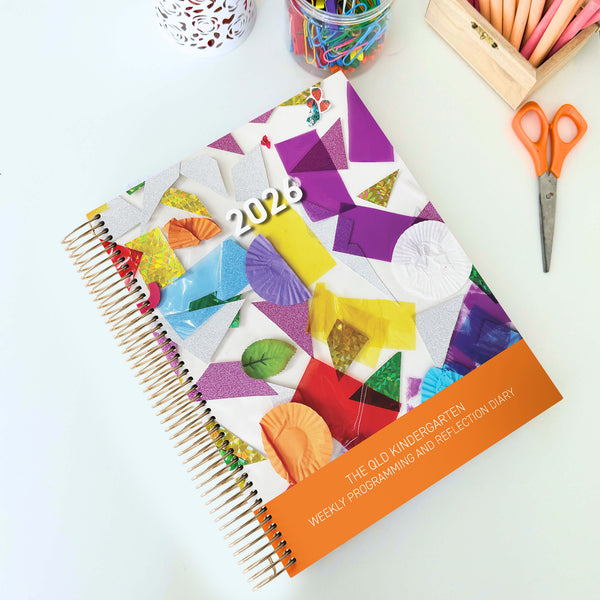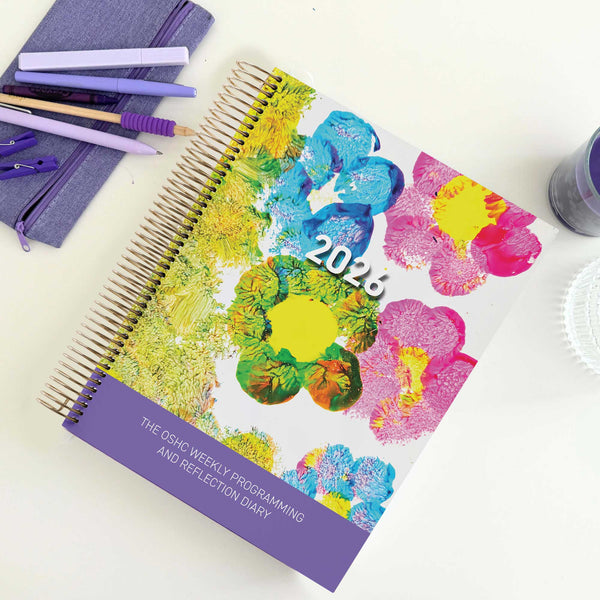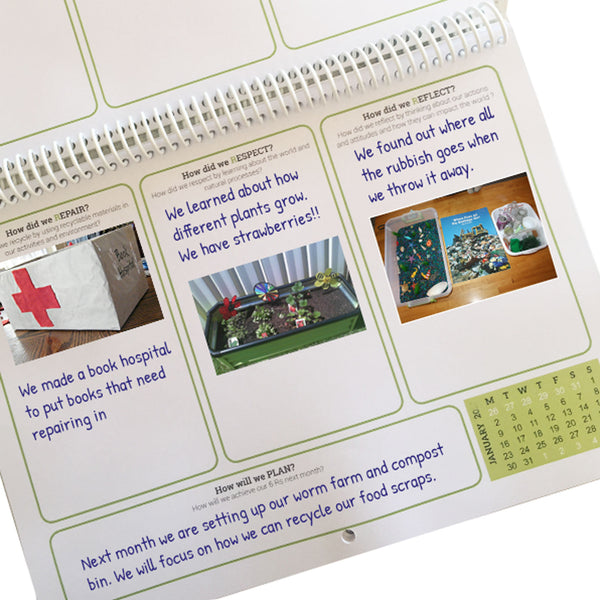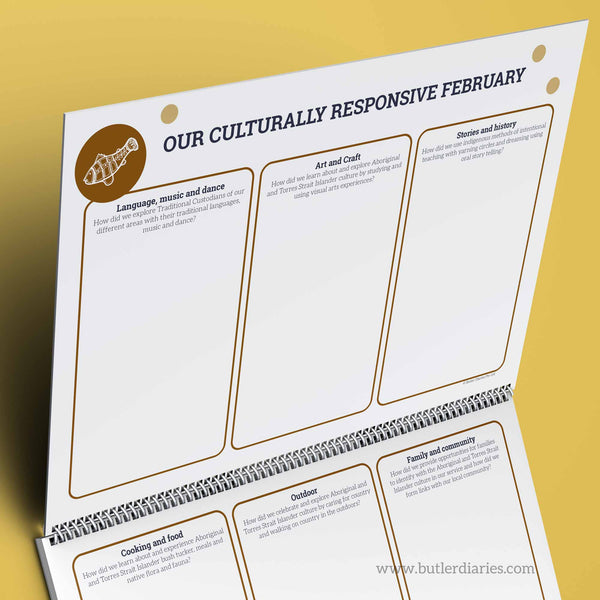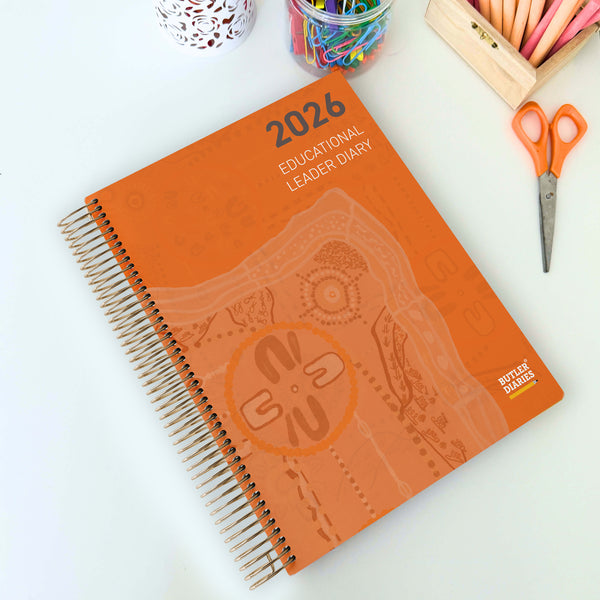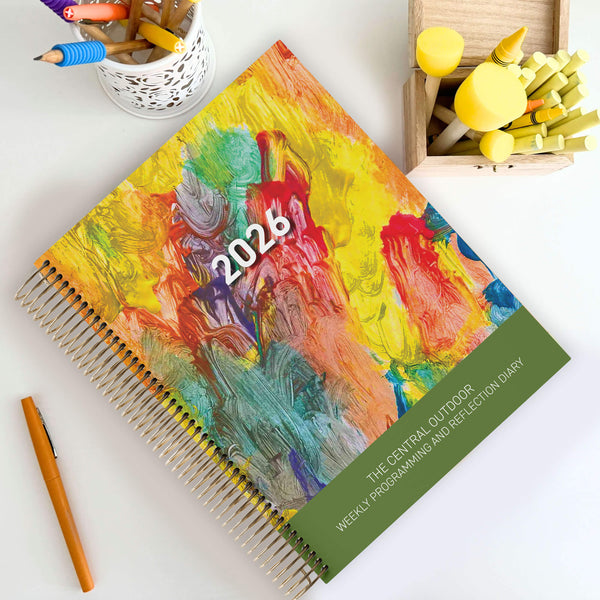The festive season is a wonderful time to engage young children in meaningful learning experiences while celebrating the joy of Christmas. In Early Childhood Education and Care (ECEC) settings, it's not just about decorations and gifts; it's an opportunity to align activities with the principles and practices of the Early Years Learning Framework (EYLF). Here are some creative and educational Christmas activities that will both captivate and educate children with a free Christmas Program at the bottom.

1. Christmas Card Making (EYLF: Belonging)
Encourage children to create personalised Christmas cards for their families or peers. This activity fosters a sense of belonging as children express their creativity while strengthening their connections with loved ones.
2. Storytime with Christmas Books (EYLF: Communication)
Select age-appropriate Christmas-themed books and engage children in storytelling sessions. Reading aloud enhances communication skills, vocabulary, and comprehension while igniting the joy of holiday tales.
3. Decorate a Christmas Tree (EYLF: Wellbeing)
Involve children in decorating a small Christmas tree with safe and child-friendly ornaments. This activity promotes a sense of wellbeing as children take pride in their contributions to the festive atmosphere.
4. Holiday Cooking (EYLF: Learning)
Plan simple cooking activities like baking cookies or making festive snacks. This hands-on experience enhances learning by introducing math concepts, promoting fine motor skills, and exploring different tastes and textures.
5. Christmas Nature Walk (EYLF: Active Learning)
Take children on a nature walk to collect items like pinecones, leaves, and twigs. These natural materials can be used for creative art projects, linking the activity with active learning and fostering curiosity.
6. Cultural Exploration (EYLF: Identity)
Celebrate diversity by exploring how Christmas is celebrated in different cultures. Discuss traditions, foods, and customs from around the world to promote a sense of identity and respect for others.
7. Musical Christmas (EYLF: Wellbeing)
Engage children in singing Christmas carols and dancing to festive tunes. Music and movement activities contribute to their emotional wellbeing and physical development.
8. Christmas Science Experiments (EYLF: Learning)
Introduce simple science experiments related to Christmas themes. For example, explore the science of snowflakes or how ornaments float in water. This encourages inquiry-based learning.
9. Santa's Workshop (EYLF: Active Learning)
Set up a pretend play area as "Santa's Workshop" where children can role-play as elves, developing their social and emotional skills while enhancing active learning.
10. Gratitude and Giving (EYLF: Wellbeing)
Teach children about the importance of giving during the holiday season. Encourage them to create small gifts or cards for others, fostering a sense of gratitude and empathy.
Incorporating these Christmas activities into your ECEC program not only brings holiday cheer but also aligns with the principles of EYLF. It's a testament to the rich learning opportunities that can be found in every festive season. Remember to document these activities in your Weekly Programming and Reflection Child Educator Diary (use the free program below as inspiration).











